.jpg)
The 5 Most Important Incoterms® When Shipping to or from China
When shipping goods to or from China, it's crucial to understand the Incoterms® that govern international trade. These terms define the responsibilities and risks involved in the transportation of goods between buyer and seller. Here are the five most important Incoterms® to consider when shipping to or from China
1. FOB (Free On Board) : This term means that the seller delivers the goods on board the vessel named by the buyer at the named port of shipment. The risk of loss or damage to the goods passes to the buyer when the goods are on board the vessel. The seller is responsible for exporting the goods and clearing them for export, but the buyer is responsible for freight and all costs and risks after the goods are on board.
2. CIF (Cost, Insurance, and Freight) : Under CIF, the seller delivers the goods on board the vessel named by the buyer at the named port of shipment. The seller is responsible for insuring the goods against loss or damage during the carriage. The risk of loss or damage to the goods passes to the buyer when the goods are on board the vessel. The seller is also responsible for exporting the goods and clearing them for export, but the buyer is responsible for freight and any additional costs after the goods are on board.
3. EXW (Ex Works) : This term means that the seller makes the goods available at their premises (works, factory, warehouse, etc.) for the buyer to collect. The buyer is responsible for all costs and risks involved in transporting the goods from the seller's premises to the final destination. EXW is often used when the buyer wants to arrange their own shipping and insurance.
4. DDP (Delivered Duty Paid) : Under DDP, the seller delivers the goods to the named place in the country of importation, cleared for import and ready for unloading. The seller bears all costs and risks involved in bringing the goods to the named place. This term is often used when the seller wants to take full responsibility for the delivery of the goods to the buyer's premises, including all import duties and taxes.
5. CFR (Cost and Freight) : CFR or Cost and Freight is another of the Incoterms® rules for sea and inland waterway transport. The difference between a CFR and CIF agreement is minimal. Under CIF, insurance must be provided by sellers. With CFR, insurance is optional.If you choose to work under CFR in China as a buyer, clearly define and specify the insurance terms in the sales contract.
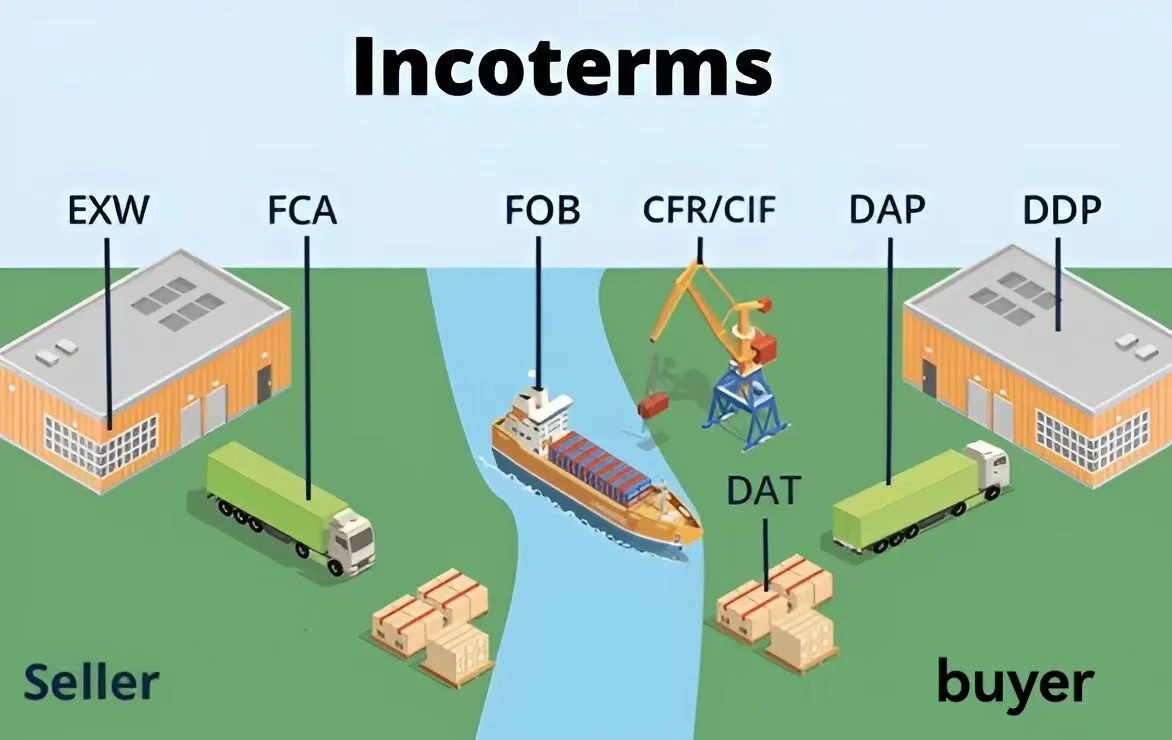
Understanding these Incoterms® is crucial for smooth and successful trade between China and other countries. It's important for both buyers and sellers to know their responsibilities and risks under each term to avoid misunderstandings and disputes. Consulting with a trade professional or legal advisor can help ensure that all transactions are conducted according to the agreed-upon terms.
.jpg)
The 5 Most Important Incoterms® When Shipping to or from China
When shipping goods to or from China, it's crucial to understand the Incoterms® that govern international trade. These terms define the responsibilities and risks involved in the transportation of goods between buyer and seller. Here are the five most important Incoterms® to consider when shipping to or from China
1. FOB (Free On Board) : This term means that the seller delivers the goods on board the vessel named by the buyer at the named port of shipment. The risk of loss or damage to the goods passes to the buyer when the goods are on board the vessel. The seller is responsible for exporting the goods and clearing them for export, but the buyer is responsible for freight and all costs and risks after the goods are on board.
2. CIF (Cost, Insurance, and Freight) : Under CIF, the seller delivers the goods on board the vessel named by the buyer at the named port of shipment. The seller is responsible for insuring the goods against loss or damage during the carriage. The risk of loss or damage to the goods passes to the buyer when the goods are on board the vessel. The seller is also responsible for exporting the goods and clearing them for export, but the buyer is responsible for freight and any additional costs after the goods are on board.
3. EXW (Ex Works) : This term means that the seller makes the goods available at their premises (works, factory, warehouse, etc.) for the buyer to collect. The buyer is responsible for all costs and risks involved in transporting the goods from the seller's premises to the final destination. EXW is often used when the buyer wants to arrange their own shipping and insurance.
4. DDP (Delivered Duty Paid) : Under DDP, the seller delivers the goods to the named place in the country of importation, cleared for import and ready for unloading. The seller bears all costs and risks involved in bringing the goods to the named place. This term is often used when the seller wants to take full responsibility for the delivery of the goods to the buyer's premises, including all import duties and taxes.
5. CFR (Cost and Freight) : CFR or Cost and Freight is another of the Incoterms® rules for sea and inland waterway transport. The difference between a CFR and CIF agreement is minimal. Under CIF, insurance must be provided by sellers. With CFR, insurance is optional.If you choose to work under CFR in China as a buyer, clearly define and specify the insurance terms in the sales contract.

Understanding these Incoterms® is crucial for smooth and successful trade between China and other countries. It's important for both buyers and sellers to know their responsibilities and risks under each term to avoid misunderstandings and disputes. Consulting with a trade professional or legal advisor can help ensure that all transactions are conducted according to the agreed-upon terms.
Popular Articles
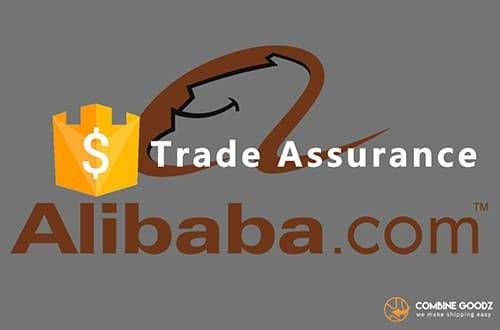
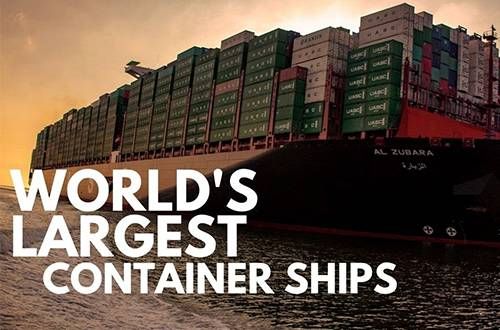
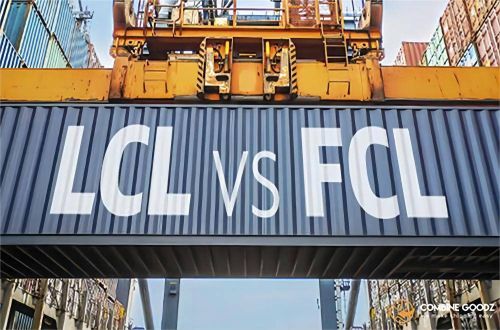
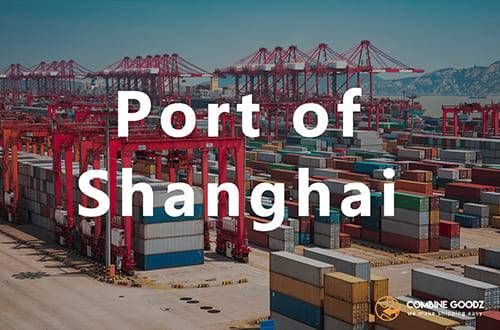
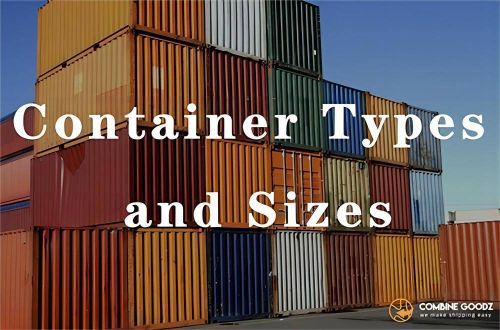
Categories
Share
The latest blogs and insights on what is happening in international transport and logistics.